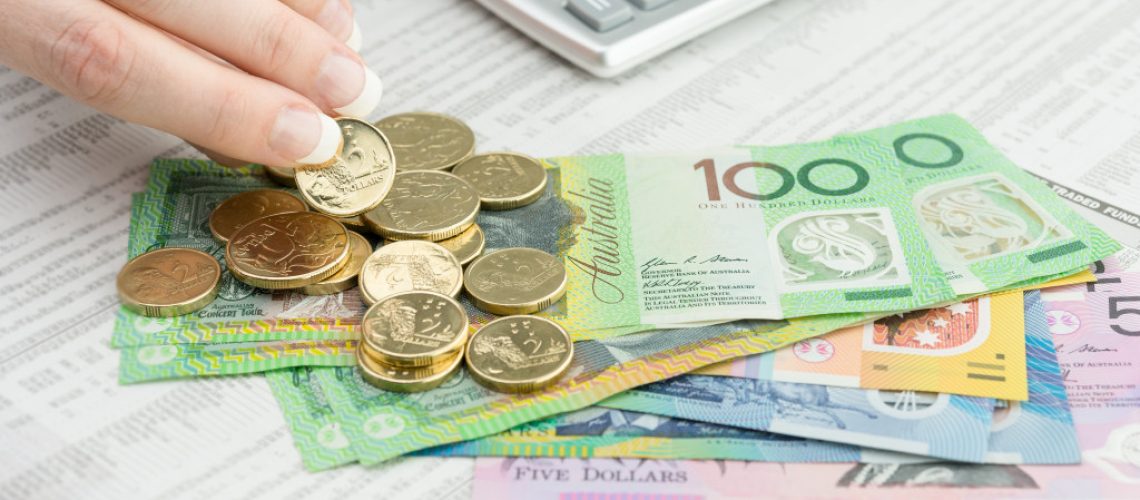The COVID-19 pandemic led to one of the worst recessions in the history of the United States, with millions of Americans losing their source of livelihood. Both small and big businesses also filed for bankruptcy because of the months-long restrictions placed in an attempt to stop the spread of the virus.
The global public health and economic situation is dire, but there are a few silver linings coming out of it. For the past year, mortgage rates across the country hit rock bottom, reaching below 3% over for 30-year and 15-year fixed loans over and over again.
Homeowners are taking advantage of the low mortgage rates. Millions are qualified to refinance their current home loans and get a new one. They can save hundreds of dollars every month and thousands of dollars in the long run.
Many have already refinanced their home loans and more are still shopping around for the best mortgage rates in town.
Americans Paying Off Debt Faster
As a result, many households are saving money and they find themselves paying off debt faster than they expected. While many people lost their jobs and, therefore, cannot pay their monthly dues, others have been improving their financial health.
One study reported that Americans started 2020 buried under a total of $1 trillion in credit card debt. However, when the pandemic hit in March, the first thing that the consumers did was to pay off their debt.
Americans were able to reduce their debt by $60 billion.
The same happened in the following months. Likely as a result of the economic downturn, many consumers reduced their spending significantly between April and June. They also paid off another $58 billion.
Researchers predict that, by the end of 2020, American consumers will create less credit card debt.
Consumers Save Up Amid the Pandemic
A separate poll confirmed that many households have become more frugal because of the pandemic. Over half of the population (about 54%) said that they are saving their money, and will continue to save their money, in the future.
Most of the people who are currently stowing many into their savings account have no plans to spend it after the pandemic. About 76% said they would continue to save their money for at least the next six months. Only 13% of the respondents admitted that they want to use the money they saved to travel.
Online Shopping More Popular Than Ever
However, not everyone is finding themselves able to resist the pull of consumerism. Many people, due to the stress of living through a pandemic, are coping by buying things that are not necessary online.
The number of people who purchased goods over the internet in the past 6 months increased significantly. Many major retailers like Best Buy, Target, Home Depot, Lowe’s, Dick’s Sporting Goods, and Gap Inc. all reported a boost in online sales.
It might be tempting to spend one’s savings on clothes, shoes, electronics, and other unnecessary products, especially with stores offering big discounts. Experts recommend that consumers, who may be finding it challenging to resist shopping online, wait 24 hours before they make a purchase.
This will prevent them from making purchases that they will later regret.
It will also help if they record all of their daily spendings. Tracking expenses will create a picture of how they are using their money and will allow them to make changes that will benefit their financial health.
What to Do With Your Savings

Experts are also urging all Americans to create an emergency fund. This will be money that you will only use when you lose your source of income. Right now, with the economy still in the dumps, no job is safe. The pandemic is still infecting by the thousands everyday. Further restrictions might kill more businesses.
The emergency fund should be worth six months of your monthly expenses. It should be stored in a savings account and should be easily accessible.
When choosing a bank, shop around for institutions offering a higher return. Most offer around 0.18% interest rate for a savings account. However, there are banks that can give consumers 1% per year.
Consumers should also look at other options available to them. In the past years, new companies have challenged traditional banks and established financial institutions of their own. These companies are offering a more generous yield to members compared to traditional banks.
The pandemic has been tough for everyone, but some Americans are using it as an opportunity to save money and improve their financial wealth. Experts recommend that those who have saved up money in the past couple of months to create an emergency fund to ensure that they can live a comfortable life in case a bad event turns up.

